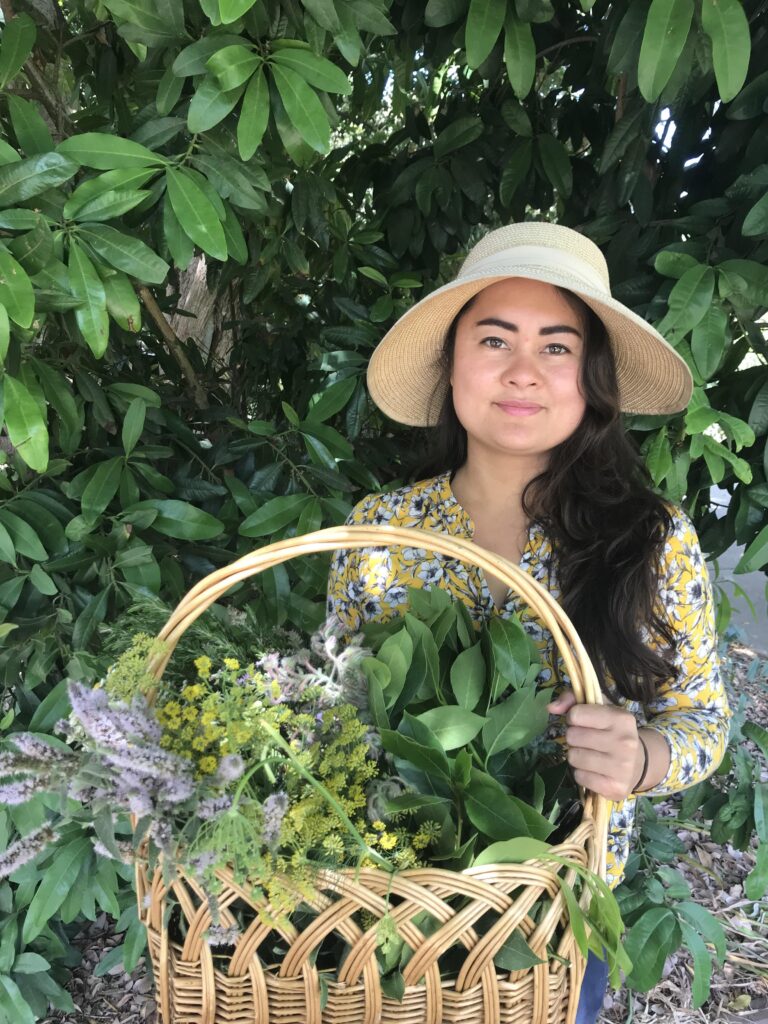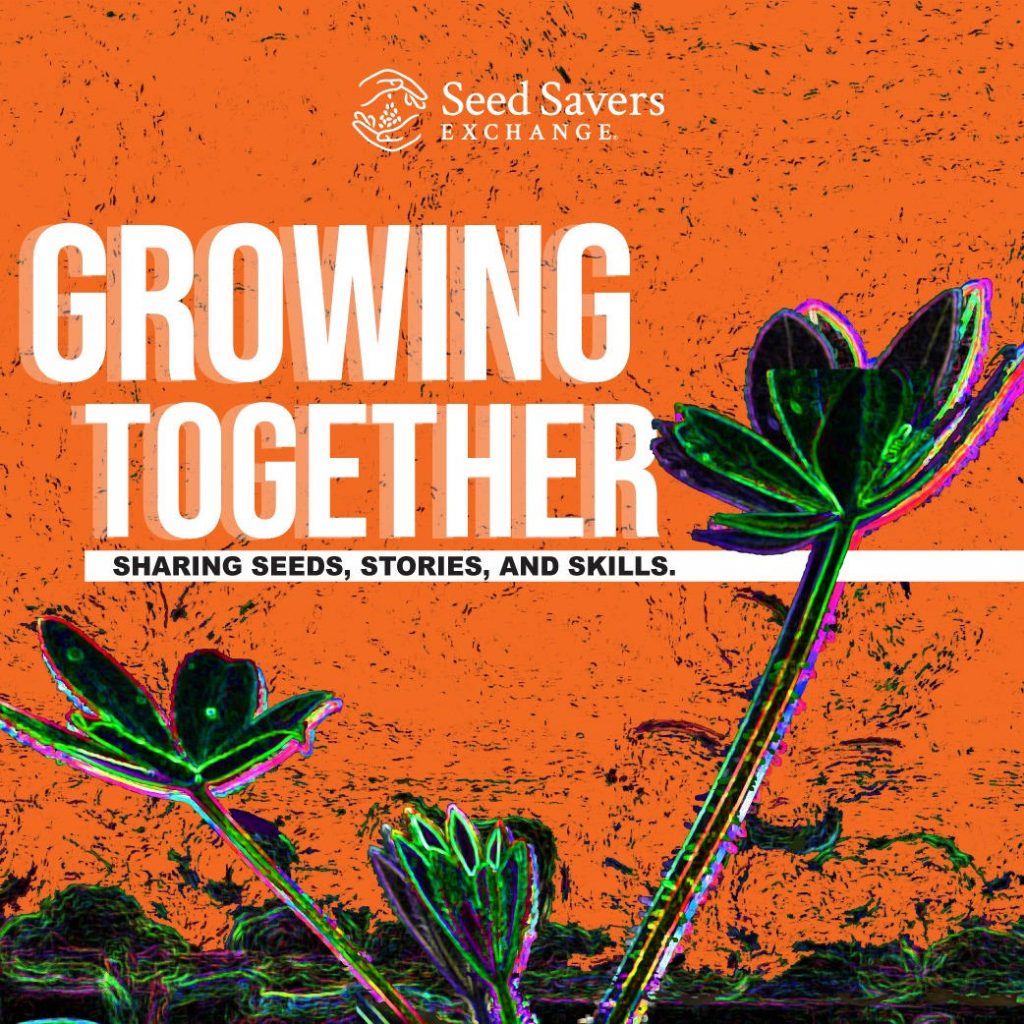In 2024, Seed Savers Exchange’s annual conference will take place over the course of four days in four different months. Join us virtually for inspiring keynote speakers, informational workshops, and a chance to connect with the larger seed community. By registering you will have access to all four days of programming, and recordings of any sessions you may have missed. There is no need to register for individual days.
On Friday, May 3, 11:00 am Eastern – From Seed to Community. All it takes is one tiny tomato seed to help build community. In this presentation, Chicago-based writer Megy Karydes reflects on an enriching gardening journey that began during the COVID-19 pandemic. During the first month of lockdown, she stumbled upon a Facebook group offering seeds to neighbors. Those tiny tomato seeds grew more than two dozen plants, but even more importantly, introduced her to one of the most generous communities of friends and mentors. This session will help those interested in building a stronger community connection with neighbors by sharing seeds, seedlings, garden supplies, and more.
Then, join Anita Thompson for Growing an Ancestry Garden – Celebrating Your Personal History with Seeds. An ancestry garden can help gardeners celebrate themselves and their history. This presentation will share tips and techniques to source seed and grow your family history.
Following Anita, Kathy Jentz will celebrate the history of National Seed Swap Day. National Seed Swap Day—held the last Saturday of January since 2006—is a fixture on the calendars of many gardeners and seed savers. Learn about the origins of this celebration from its founder, Kathy Jentz, who will also provide examples of successful seed swaps and offer expert guidance on how to host an impactful seed-swapping event in your community.
At 3:30, Denise Cusack will speak on Using Mutual Aid in Community Seed Network Building. Mutual aid systems can work in communities to provide accessible seeds, grow community, and redistribute resources to create gardens in any neighborhood. This session will explore how one seed-grant program created community-based mutual aid models that rely on collaborative networks, not just financial systems, to build local seed systems that help introduce uncommon, culturally relevant seeds important to reclaiming food and medicine.
Meghan Hess Shamdasani follows with From Seeds to STEM: Growing a School Garden Community. The garden program at SouthTech Academy in Florida expanded dramatically from 2020-23—growing from three to more than 50 hydroponic systems and from two to 20 outdoor garden beds that today produce fresh food for more than 600 students. In this session, the teacher and students who developed this interdisciplinary gardening community will explore the key components of its success, including focusing on what students and teachers wanted out of the program and ensuring students were included in the planning process.
At 6 pm, Devon Meyer will conduct a virtual Art Journaling Workshop. Art journaling can help gardeners capture thoughts and observations while looking deeper into the process of growing, harvesting, and preparing food. This session is a hands-on sketching and watercolor-painting class that will help participants learn simple and beautiful techniques to record observations and experiences in the garden, the kitchen, and the community.
Finally, at 7 pm, Stephen Stresow will speak on Horticultural Diplomacy: A Community Science and Justice, Diversity, Equity, and Inclusion Demonstration Garden Project. Beyond growing food, gardens can be used to build community and address social issues. This session highlights a statewide vegetable trial garden program that used a “horticultural diplomacy” framework to introduce Master Gardener volunteers to diverse crops and cultures relevant to Latin America and East Asia. Including relevant recipes and bed groupings helped participants build garden skills, contribute to an online database of well-performing varieties across climates, and gain a greater appreciation for other cultures. We outline steps that made this new iteration successful and note areas for improvement.
Registration is now open. In future posts we will cover the speakers and topics for the following sessions, but to learn more visit www.seedsavers.org


